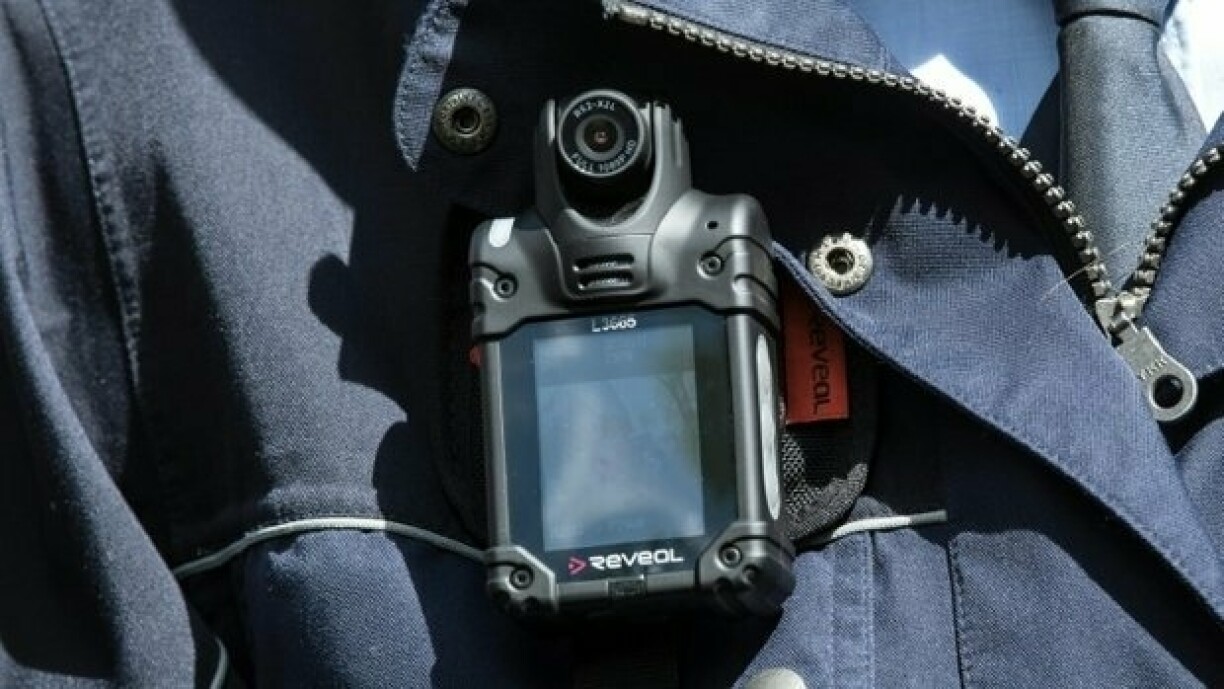
The police union was actually a proponent of bodycams as they see the introduction as being in the best interest of officers. The recent change in position comes in light of proposed amendments, which were issued a few days ago and were based on the opinions of the State Council, the data protection commission, and the human rights commission.
The legal text now differentiates between bodycam use in public and private spaces. SNPGL vice president Marco Richard expressed understanding for this move, but labelled it as “sub-optimal":
“Activating bodycams in critical situations has to become a reflex for officers. Such a reflex has to be trained and it now already seems certain that officers will hardly be able to differentiate between conditions in public spaces and those in private ones when stress levels are high. Conditions therefore have to be universal so that police officers don’t risk being wrong in many cases for activating their bodycams out of reflex without having had the authority to do so.”
The SNPGL is also concerned about who eventually gets to view bodycam footage. The draft law currently stipulates that police officers might have to send a written request to the general director if they want access to footage.
According to the police syndicate, the text in its current form has too many disadvantages despite good-faith intentions. Richard noted: “If the text is not significantly improved, then the close to €6 million needed for the bodycams would better be invested elsewhere. The SNPGL thus has a clear message for Minister Kox: we don’t need bodycams under such conditions and nobody should state that we agree with the text that is now underway!”
The police syndicate fears that the law will still be passed before the elections given that the introduction of bodycams is part of the coalition agreement.